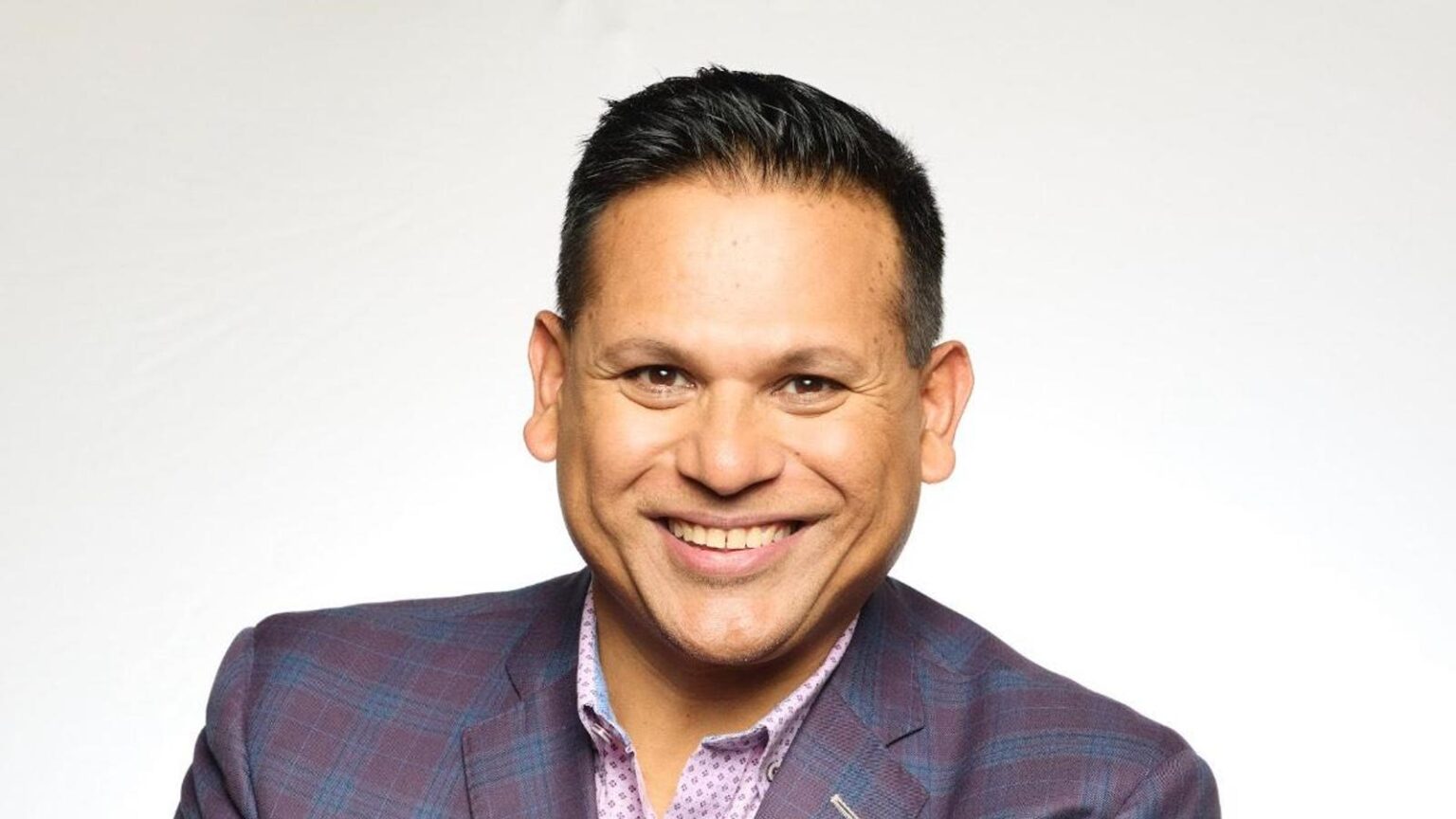When Dr. Partha Nandi’s father Uma Nandi—a brilliant scientist—suffered a stroke, the board-certified gastroenterologist and hepatologist was very surprised. Nothing had seemed to be wrong with his father’s health the night of the stroke, as he engaged in a lively discussion of politics with his family. He’d previously been healthy, except for a history of gastric ulcers.
Although Uma Nandi was able to return to his home five days after the stroke and lived for a decade more, his life changed overnight. He had to use a wheelchair and focus on small goals like learning to lift a spoon to his mouth and learning to sit up on his own so he could watch TV.
Spurred on by his father’s experiences, Dr. Nandi, a clinical assistant professor at Michigan State University, dove into researching the causes of stroke. As he learned, his father had some risk factors. After retiring from his career as a polymer chemist, his father had lost some vital protectors against stroke—the sense of purpose and community he’d had in his career, where he’d been well-known for inventing the reflective stripes at the side of the road that keep cars in their lane and enjoyed socializing with colleagues. “For him, retirement was not a relief but a stressor,” as Dr. Nandi later wrote.
Dr. Nandi also came across research on the connection between gut health and brain health. Over time, it was discovered there is a link between the gut microbiome—the bacteria that populate the intestinal system—and stroke, Alzheimer’s disease, and Parkinson’s disease. Research now shows all three are linked to gut bacteria, he says. “The brain and the gut constantly speak to each other,” Dr. Nandi says. “It’s almost like two teenagers who just went to a Taylor Swift concert.”
The culmination of Dr. Nandi’s research is his newly released book: Heal Your Gut, Save Your Brain: The Five Pillars of Enhancing Your Gut and Optimizing Your Cognitive Health (Mayo Clinic Press). The book looks at how to take preventative steps to avoid the gut issues that can hurt brain health and to start to reverse existing gut-health problems. “If you improve your gut health by even 5-10%, you can make significant strides toward better brain health,” he says.
Along the way, Dr. Nandi has become a one-man health advocacy juggernaut, building a brand around the idea of owning our own heath and taking steps to protect it. Although he was treating patients at Pinnacle GI Partners, where he is president and chief medical officer, he wanted to spread the word beyond that. Dr. Nandi launched the health and lifestyle site AskDrNandi.com and began hosting The Dr. Nandi Show, an Emmy-Award-winning television program that has aired more than 200 episodes. Based in the suburbs of Detroit, he is also chief health editor of WXYZ ABC Detroit.
Dr. Nandi teaches five simple pillars of health that, according to his medical research, foster brain health: purposeful living; adopting a healthy diet; movement with purpose, community and spirituality. “Whether it’s mindfulness, yoga, prayer, or walking in a garden, finding your place in the world is important,’ he says.
Most of the steps Dr. Nandi, a father of four, advocates are quick, simple and inexpensive—like learning to cook with anti-inflammatory ingredients like turmeric—which has helped his ideas build a wide following. He believes they are very well suited for entrepreneurs and others with busy careers.
“Entrepreneurs always look for ‘hacks,’ and great gut health is the ultimate hack,” he says. “It’s not about extreme measures like ice baths; it’s about consistent, healthy habits that lead to incredible benefits. Everything begins in the gut — if you don’t care for it, you can’t achieve optimal physical, mental, or spiritual health.”
Dr. Nandi has built his platform on the idea of taking personal ownership of our own health. He introduced the concept of becoming our own “health hero,” or health advocate, in his first book, 5 Steps to Becoming Your Own Health Hero (published by Simon & Schuster). Now he hopes to take that message one step further through his more specific focus on gut health and its connection to the brain.
“Good health, especially mental health, is foundational to everything,” says Dr. Nandi. “In the end, without good health or brain function, nothing else matters.”
Read the full article here

